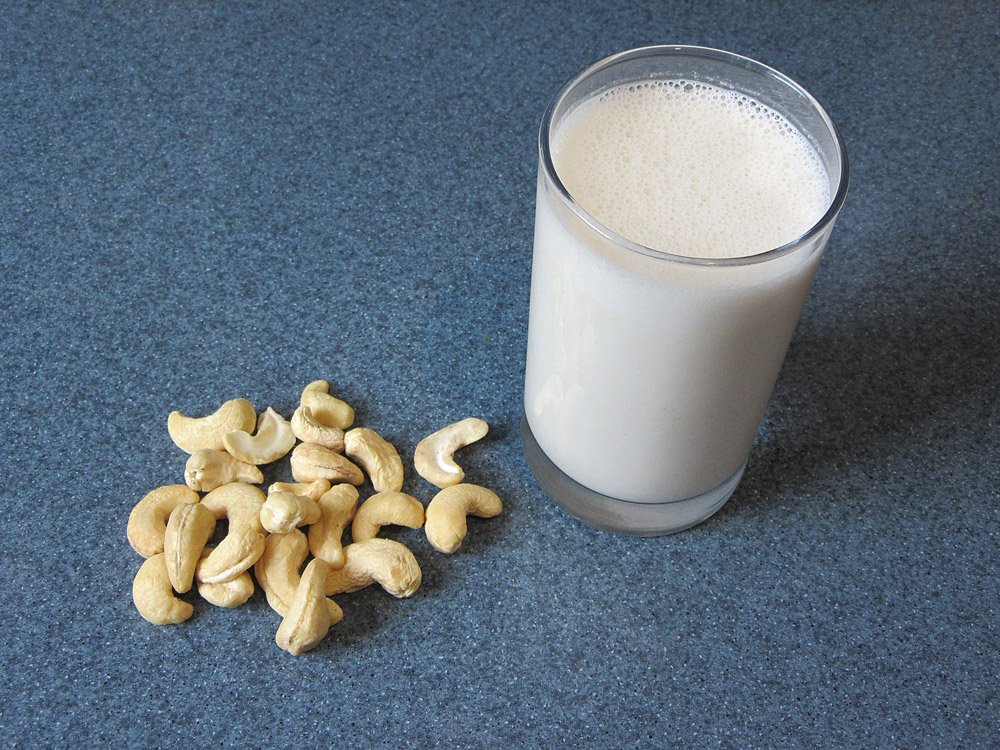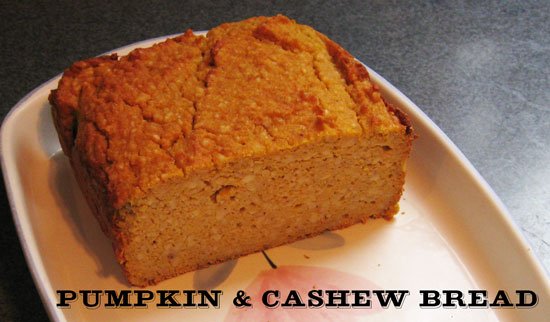What botanical category do cashews fall into?
I eat cashews myself and use them for baking and to make milk. But today I was wondering about whether cashews are technically allowed on the Paleo diet. So I went searching…

Does it really matter what they are?
In some ways, no, not really. Weston A Price found, during his travels, that all grains, nuts, seeds and legumes were soaked, sprouted or fermented before being eaten by traditional cultures. So either way, you will get maximum nutrition and minimum toxins from soaking your cashews before using them.
But for Paleo diet, nuts and seeds are allowed, and legumes are not. For a raw diet, they would need to be raw. So let’s dig a little deeper.
Are cashews NUTS?
They are often referred to as cashew nuts. Most people think they are nuts. But although in a culinary sense, they are used as nuts, botanically they are not tree nuts.
Are cashews LEGUMES?
Many people who know a bit about nutrition think cashews are legumes.
That’s what I thought myself, which is why I suddenly started thinking some of my recipes might not be Paleo after all. But to my surprise, and relief, I found that no, they are not legumes either.
What are they then?
They are seeds. Specifically the seeds of the cashew apple.
So technically, they are suitable for a Paleo or GAPS diet, and it’s all good to go for making my Grain free, dairy free Pumpkin & Cashew Bread.

Are they raw?
Ah, there’s the rub. Even though some are labelled raw and some are labelled roasted, they have actually all been cooked. This is because the outer shell is toxic, and the entire thing needs to be roasted before the inner seed can be extracted safely.
Apparently there is one small producer in Indonesia who has developed a safe way to extract them without heating, but these are not available in most places.
So if you eat all raw, you may prefer not to include cashews.
Are there any other reasons not to eat cashews?
Like all of the seed foods (grains, legumes, nuts and seeds) they are calorie dense. So be careful with your serving size.
1 oz (28gms, about ¼ cupe thi) of cashews contain:
• Calories – 155
• Fat – 12g
• Carbs – 9g
• Protein – 5g
They are related botanically to poison ivy, mango and pistachios. Some people have bad reactions to them, so if you’re having issues, and eat cashews, consider excluding them for a while.
And remember that, due to the presence of phytic acid, they are better for you if soaked in salty water for one to six hours, then drained and rinsed. You can then use them in a recipe straight away, or dehydrate them till crispy for storage.
References:
http://paleomagazine.com/are-cashews-paleo
https://en.wikipedia.org/wiki/Cashew
http://www.living-foods.com/articles/rawcashew.html
Thanks for reading. Back to my series on Dairy tomorrow.
Follow me for more health, nutrition, food, lifestyle and recipe posts.

Contact me in Discord, SteemitChat, or through Peerhub to ask about one on one nutritional coaching or EFT (Emotional Freedom Technique) sessions by Skype. Bitcoin, Steem or Paypal accepted.
Some of my previous posts:
RECIPES AND KITCHEN TIPS:
• Choc Blackcurrant Smoothie
• Paleo Cottage Pie
• Feijoa Pear Smoothie
• Grain free, dairy free Pumpkin & Cashew Bread
• Tip for storing ginger & tumeric
• Grain Free Banana Cashew muffins
• Warming winter soup
• Breakfast ideas
• Healthy Chocolate & Fudge
• Jerky with vegetables
• Choco-mallow protein bars
• Equipment for the real food kitchen
• Carrot Almond bread
• Grain free Fruit & Nut bar
• Vegetable muffins
• Finger food for a gathering
• Real food ideas for snacks and road trips
• Grain free cheese muffins
• Best ever (and easiest) Christmas cake
• Orange Cranberry Xmas Breakfast Muffins
• Festive smoothies for Xmas morning
• Crisp & crunchy Xmas cheese stars
• Xmas menu ideas
• Planning your holiday eating to be a bit more balanced
• For MORE RECIPES and my 15 step Whole Food cooking course, see my recipe website.
NUTRITION:
• The wide variety of healthy diets out and what they have in common
• The travels of Weston A Price and his discoveries about healthy diets
• Good fats vs bad fats
• DNA testing for better Health & Fitness
• DNA testing part 2: How Well Do I Digest Carbs?
• DNA testing Part 3: I can’t eat Carbs & How to Manage that
• About the Gut & Psychology syndrome (GAPS) diet Part 1 – Can it help autism?
• GAPS diet Part 2: Foods we can’t have
• GAPS diet Part 3: Foods we CAN have
• GAPS diet Part 4: What if I can’t eat some animal foods
• Salicylate intolerances
• Introduction to the Paleo diet
• How to get started on a Real Food diet Part 1
• Why use Real Food diets for healing
• How to get started on a Real Food diet Part 2
• We did a three day water fast
• Comparison of different diets – which is for you?
• Should you eat Dairy? Part 1: Pasteurisation


